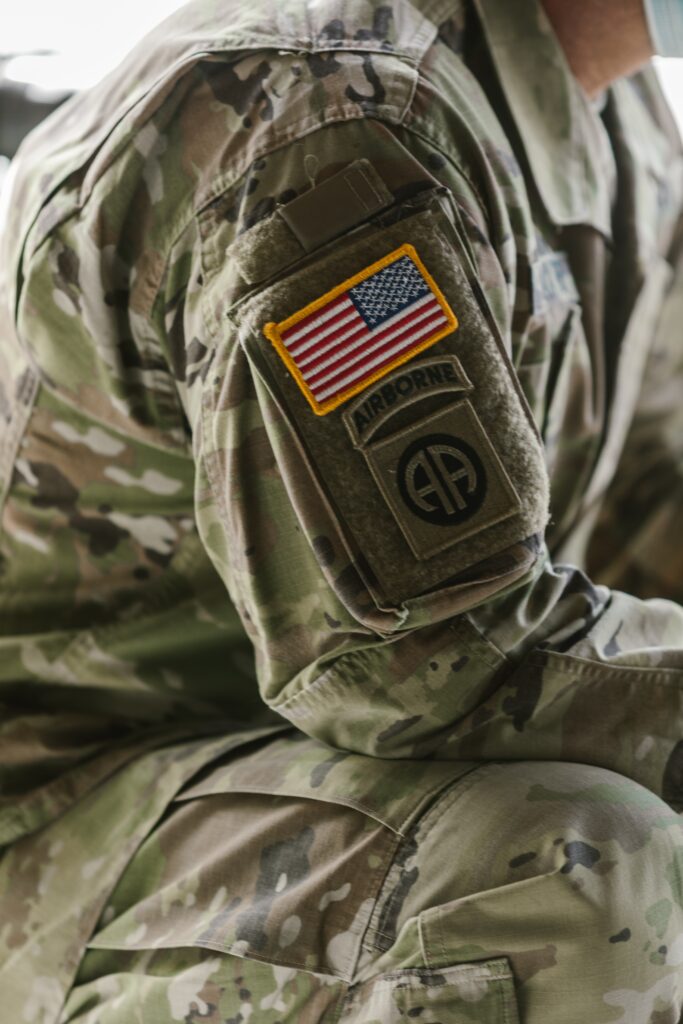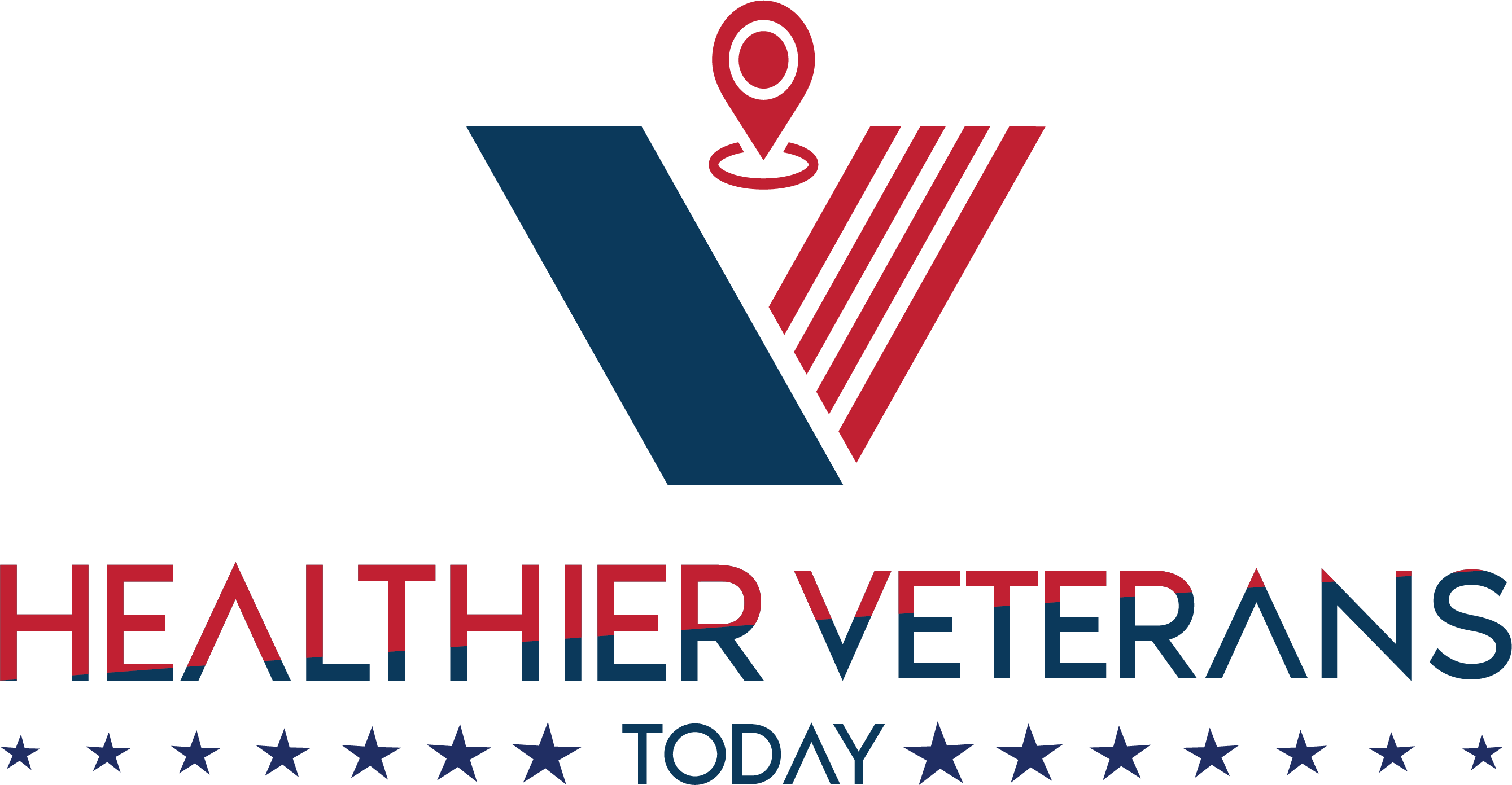What Benefits do Veterans Get? Learn more with Healthier Veterans today! Veterans are on the front lines of war, fighting for their country with great pride. They risk their lives to keep the lives of civilians safe, and they fight for the freedom that citizens enjoy every day. When you’re a veteran, you are given certain benefits, similar to a regular job. These benefits will be discussed, as well as what you may need to apply for your help if you are a veteran.
What Benefits do Veterans Get: The Important Documents that are Needed to Get Your Benefits

What benefits do veterans get and why? If you would like to apply for VA benefits for the first time, you must send a copy of your discharge paperwork. This paperwork will show your service dates and the type of discharge, or you can provide the VA with your full name, social security number, and dates of service. Paperwork needs to be kept in a secure place at all times where you and your family will have access to it. Your preference concerning burial in a national cemetery. The use of a headstone provided by the VA should be documented and kept along with this critical knowledge.
What Benefits do Veterans Get: Needs for VA Benefits

What benefits do veterans get? VA benefits are eligible based on active military service discharge rather than dishonorable conditions. Active service means that you have provided a full-time service as a member of the Army, Air Force, Marine Corps, Coast Guard, Navy, or Space Force, an officer of the Public Health Service, Environmental Services Administration, or the National Oceanic and Atmospheric Administration.
You could qualify for certain benefits, such as home loan guarantees or education. This is if you meet the criteria. General or honorable discharges qualify a veteran for most of the VA benefits.
Dishonorable as well as lousy conduct discharges that have been issued by general courts-martial could bar VA benefits. Those who have served in prison or are on parole may be eligible for certain VA benefits. VA regional offices will clarify the eligibility of prisoners, those on parole, and individuals with multiple discharges that have been issued under various conditions.
What Benefits do Veterans Get: Disability Compensation

Veterans who have a service-related disability as well as an “other than dishonorable” discharge may qualify for a monthly tax-free Disability Compensation benefit ranging from $133 to over $3,400 each month.
VA Disability Rates
You could be paid more if:
- Do you have any severe disabilities?
- You have a spouse, children, or dependent parent(s)
- You have a spouse that is seriously disabled.
- If due to your disability, you are considered unemployable.
How To Apply For VA Disability Compensation
If you are wondering what benefits do veterans get, and how you can apply, keep reading! If you’d like the fastest service, it would be best to apply online through the VA.GOV website; you would need to submit any supporting documents with your claim for benefits. You’ll need to send the VA copies of your medical evidence (both military and civilian), your discharge paperwork, and any other paperwork you may think would be necessary. Remember that you could never provide the VA with too much information. It is possible to apply for benefits before you are discharged from the military.
Could you qualify for a Veterans Pension?

Many veterans that have wartime service are unaware that if they are 65 years or older and have a limited income, they could qualify for a VA Pension without having a disability. Wartime veterans are also able to qualify for Veterans Disability Pension or the Veterans Pension for veterans 65 years or older if they are unable to work as well.
Veterans Pensions Eligibility
What benefits do veterans get – regarding pensions! You could qualify for a veteran’s pension if:
- You have been discharged from service under other than dishonorable conditions
As well as
- You’ve served 90 days of active duty and 1 day of wartime.
- You are permanently and totally disabled or are aged 65 years or older.
To qualify for a VA pension, you should also have a limited income and a limited net worth or assets. Net worth includes both your as well as your spouse’s assets as well as annual income. When applying for Veterans Pension benefits, you must report these assets and income. The asset limit for the VA pension in 2022 is $138,489.
Education programs

The term GI Bill refers to any Department of Veterans Affairs education benefit earned by members of Active Duty, Selective Reserve, and National Guard members and their families. The benefit has been designed to help service members and eligible veterans cover the cost of getting an education or training. The GI Bill has several programs, each being administered differently, depending on a person’s eligibility and duty status.
GI Bill Programs
This list includes all currently active major GI Bill programs:
- Post-9/11 GI Bill
- Active Duty Montgomery GI Bill
- Reserve and Guard Montgomery GI Bill
- Vocational Rehabilitation and Education Program
What benefits do veterans get when they die? The following programs are available to the survivors of service members who have died in the line of duty or dependents of veterans who are completely disabled:
- Dependents’ Education Assistance (DEA)
- Fry Scholarship
Training That is Available With Your GI Bill
There are several types of training on which you can use your GI Bill benefits.
- College degree programs include Associate, Bachelor, and advanced degree programs.
- Vocational/Technical Training, including non-college degree programs
- On-the-job/Apprenticeship Training
- Licensing & Certification Reimbursement
- National Testing Programs, including SAT, CLEP, AP, etc
- Flight Training
- Correspondence Training
- Work-study programs
- Tuition Assistance Top-Up
- Tutorial Assistance
- Housing and home loan guarantees
VA Loan
If a veteran has served on active duty for a minimum of 90 days or met various service benchmarks created for Guard and Reserve members, they may be eligible for a VA loan.
VA Loan Qualifications
- Must have completed a minimum amount of 90 days of active duty service.
- Served for 6 years in the Reserves or the National Guard.
- Done for 181 days of service in a period of peace.
- Have at least 90 days of active service under Title 10 or 32. For Title 32 service, at least 30 days would need to have been consecutive.
- Spouse of a military service member who has died in the line of duty or by a service-related disability.
Veterans’ Employment and Training Service
An agency within the Department of Labor known as VETS had been created to assist veterans transitioning from military to civilian life. Such as train for and finding good jobs to protect the employment and reemployment rights of veterans, Reservists, and National Guard Members.
Counseling
VA provides readjustment and outreach counseling services throughout 300 community-based vet centers in all 50 states, the District of Columbia, Guam, Puerto Rico, and American Samoa.
What benefits do veterans get? Who Is Eligible For Readjustment Counseling?

Readjustment counseling is available to any veteran as well as any active duty service member, including guard or reserve member who has:
- Served in any combat theater
- Experienced any type of military sexual trauma
- Provided medical care or mortuary services to others
- Served as an automatic aerial vehicle crew member that directly supported any combat operations.
- Is a Vietnam-era veteran who accessed care at a Vet Center before January 1, 2004
What Benefits do Veterans Get: This is What You Need to Know!
What Benefits do Veterans Get? Learn more with Healthier Veterans today! Various benefits are offered to those who have had active military service to ensure their adjustment to everyday life goes smoothly. Counseling is available for veterans who may require it, and job training ensures that ex-military members can find steady work after their service.





